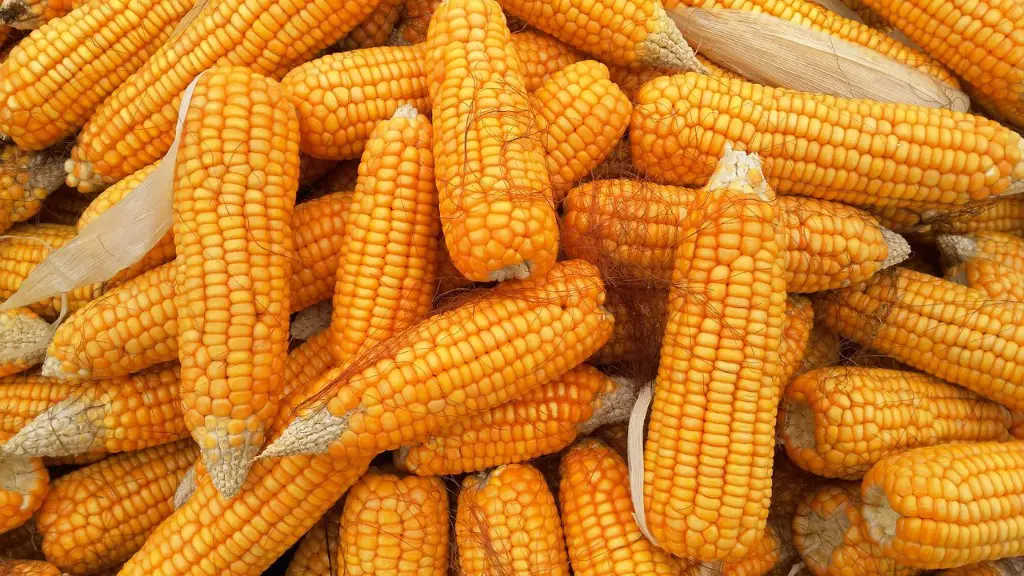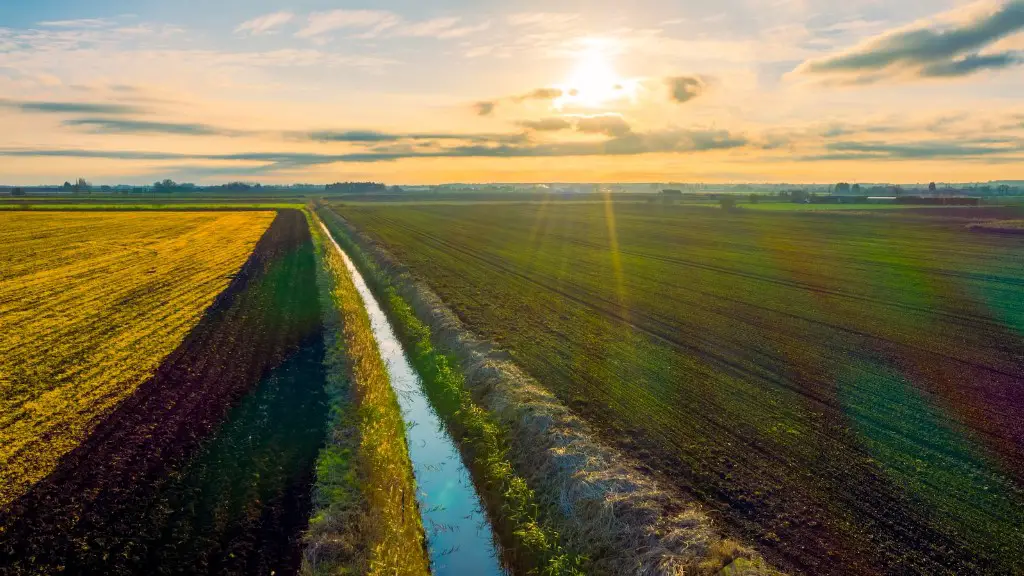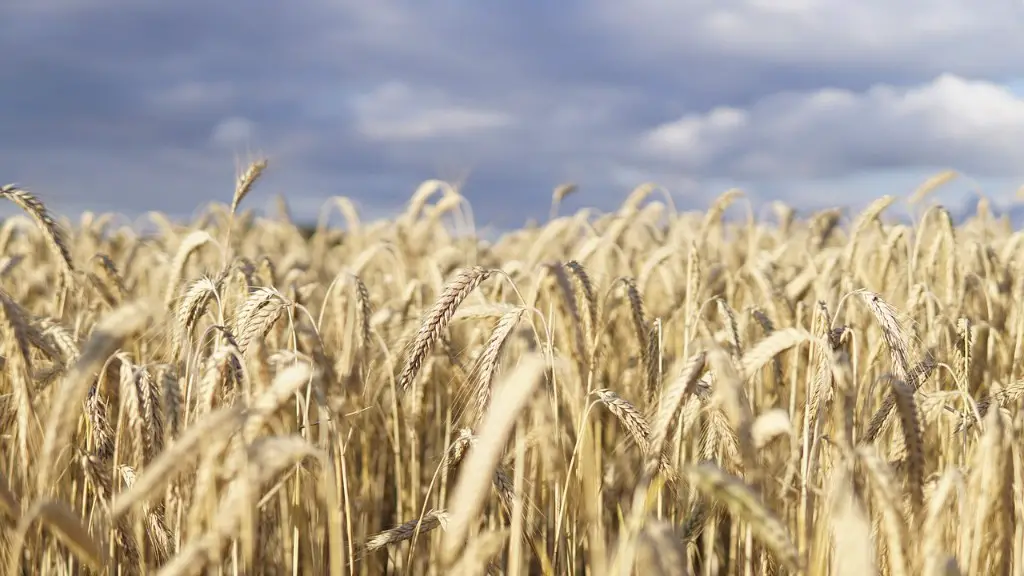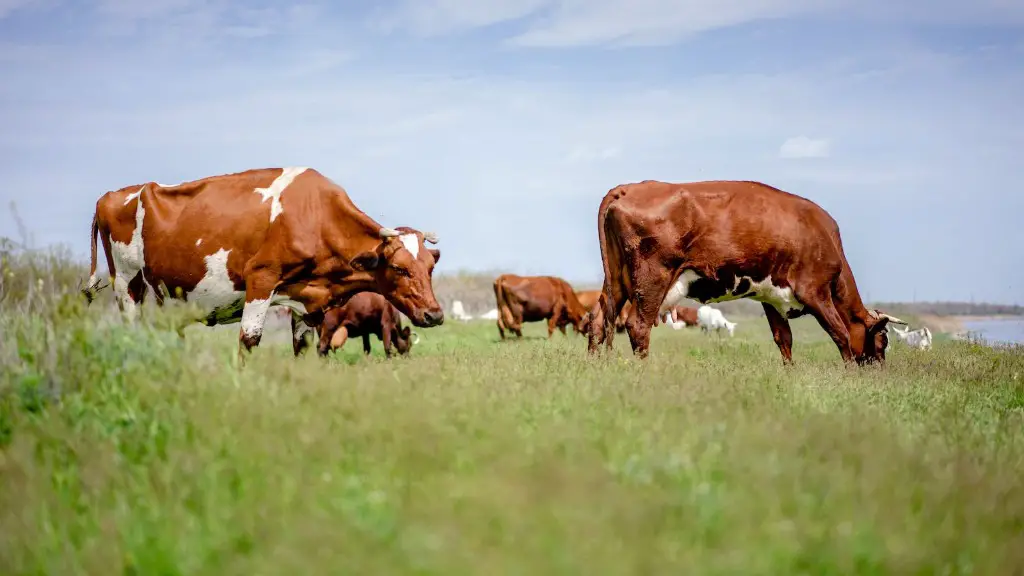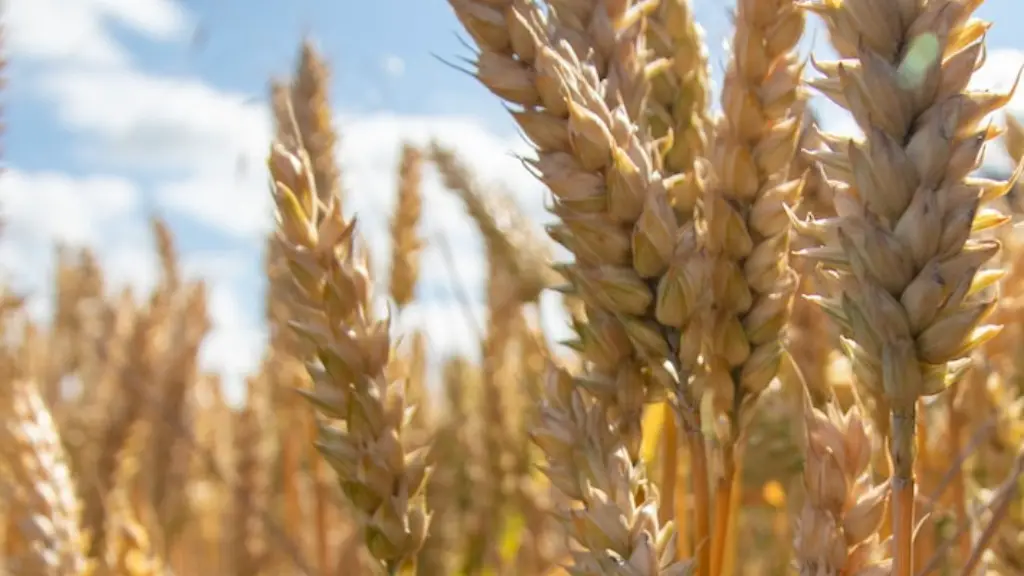A fertilizer is any material of natural or synthetic origin that is applied to soils or to plant tissues to supply one or more plant nutrients essential to the growth of plants. Many of the soil nutrients plants require, such as nitrogen, phosphorus, and potassium, are not naturally produced by the soil or taken up by plants in adequate amounts for optimal growth. Fertilizers can supplement the natural supply of nutrients and improve plant growth.
In agriculture, fertilizer is any material of natural or synthetic origin (other than liming materials) that is applied to soils or to plant tissues to supply one or more plant nutrients essential to the growth of plants.
What is the meaning of fertilizers in agriculture?
Fertilisers are additional substances that are supplied to crops to help increase their productivity. They are used by farmers on a daily basis to help increase crop yields. Fertilisers contain essential nutrients that plants need in order to grow, including nitrogen, potassium, and phosphorus.
Fertilizers are an important part of agriculture and can improve the growth and productivity of plants. There are two main types of fertilizers, natural and artificial. Natural fertilizers are made from organic materials such as manure or compost. Artificial fertilizers are made from inorganic materials and typically contain a combination of nitrogen, phosphorus, and potassium.
What is fertilizer and what is its purpose
Fertilizers are chemicals that are added to soil to supply nutrients to make it more fertile. The chemicals in fertilisers contain essential elements required for plant growth, such as nitrogen, phosphorus, and potassium. Fertilisers can be organic or inorganic, and they can be applied to the soil before planting, or during the growing season.
Fertilizers are important for crops and gardens as they provide essential nutrients for plants to grow. There are three main classes of fertilizers: nitrate fertilizers, phosphorus fertilizers, and potassium fertilizers.
Nitrate fertilizers are nitrogen-based and are the largest and most important group. They take several steps to make.
Phosphorus fertilizers come from phosphate rock, a mined ore. This group of fertilizers is important for root growth and fruit development.
Potassium fertilizers help plants to resist disease and improve water uptake.
Why is fertilizers important to agriculture?
Fertilizers are important for crops because they provide them with essential nutrients like potassium, phosphorus, and nitrogen. These nutrients allow crops to grow bigger, faster, and to produce more food. Nitrogen is particularly important because it is essential for the growth of every organism on Earth.
NPK fertilizers are important for plant growth and development. Urea (Free flowing) and UREA (Granular) are two types of NPK fertilizers. AMMONIUM SULPHATE is another type of NPK fertilizer. CALCIUM AMMONIUM NITRATE (CAN) is a micronutrient fertilizer. ZINC SULPHATE and CHELATED Zn, AS Zn-EDTA are two types of micronutrient fertilizers. MANGANESE SULPHATE is another type of micronutrient fertilizer. BORAX (SODIUM TETRABORATE) is a type of boron fertilizer. Rock Phosphate (RP)/Phosphate Rock (PR) for direct application is another type of phosphorus fertilizer.Organic Manures are also important for plant growth and development.
What are the 4 types of fertilizers?
The European fertilizer industry is a leading producer of high quality plant nutrition products. Nitrogen fertilizers are an important part of the industry, as they are essential for crop growth. Nitrogen fertilizers with inhibitors are also produced, which help to reduce the loss of nitrogen from the soil. Phosphorus fertilizers are another key product, as they are necessary for plant growth and development. Potassium fertilizers are also produced, which are used to improve the quality of the soil.
There are plenty of reasons to be weary of synthetic fertilizers. Chemical runoff from haphazardly applied fertilizer can drain into streams and lakes, leading to recurrent algal blooms that kill fish and other marine life in places like Lake Erie and “dead zones” in the Gulf of Mexico.
What is difference between manure and fertilizers
Manures and fertilizers tend to differ in their composition and Application. Manures are typically organic matter that has been decomposed and can be quite rich in nutrients, while fertilizers are inorganic and are not typically as nutrient-rich. Fertilizers are often applied to plants to supplement the nutrients they need, while manures are typically used to improve the quality of the soil.
If you’re not fertilizing your plants, they likely won’t grow as well or bloom as much as you want. Beyond sunlight and water, all plants require certain nutrients to thrive, and if you don’t occasionally replenish their supply, they can end up having health issues.
What does fertilizer do to soil?
Fertilizers and soil amendments are both important for plant growth. Fertilizers improve the supply of nutrients in the soil, while soil amendments improve the soil’s physical condition.
Fertilizers are an important part of agriculture and are used to improve the yield and quality of crops. The major components of fertilizer are nitrogen, phosphorus and potassium, known as NPK. China, Russia, Canada and Morocco are the top producers of NPK, with Belarus also providing a significant share of potash. These countries have the necessary resources and infrastructure to support a thriving fertilizer industry, and their products are in high demand around the world.
What is the most commonly used fertilizer
Fertilizer is any material of natural or synthetic origin (other than liming materials) that is applied to soils or to plant tissues to supply one or more plant nutrients essential to the growth of plants.
A good all-purpose fertilizer would be a 10-10-10 NPK (nitrogen, phosphorus, and potassium) This type of fertilizer will work well for most plants and soil types. It’s a good idea to test your soil before using this type of fertilizer to make sure that it’s not too high in one of the three nutrients already.
What is the most popular type of fertilizer?
Urea is the most common N fertilizer, but many more excellent N fertilizers derive from ammonia. For example, some ammonia is oxidized to make nitrate fertilizer. This same conversion of ammonia to nitrate takes place in agricultural soils through the microbial process of nitrification. Nitrification is an important process in agriculture because it helps to ensure that crops have access to the nitrogen they need in order to grow.
It is a common misconception that plants need fertilizer to grow. In reality, plants are able to create their own food through the process of photosynthesis. However, fertilizer can provide additional nutrients to the soil which can lead to healthier plant growth.
Warp Up
Fertilizer is a material that is added to the soil to provide nutrients for plants. Nutrients are essential for plant growth, and fertilizer can help to ensure that plants have the nutrients they need to thrive.
Fertilizer is an important part of agriculture. It helps to improve the quality of the soil and the yield of the crop.

